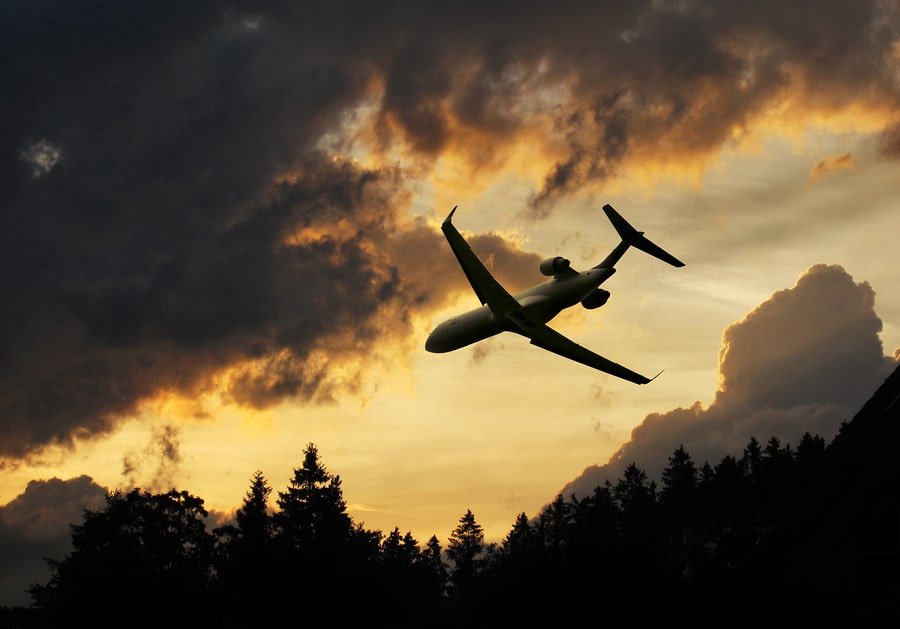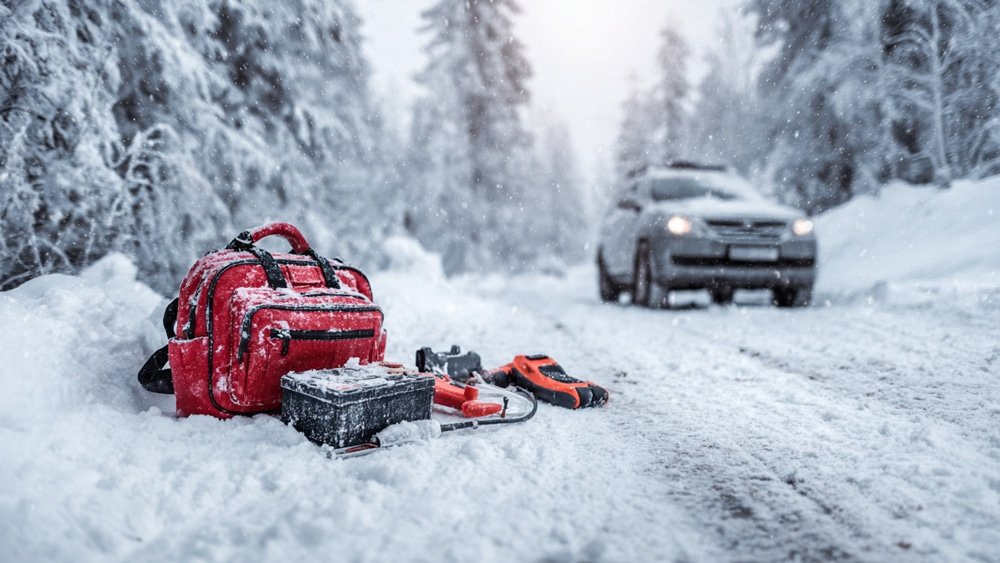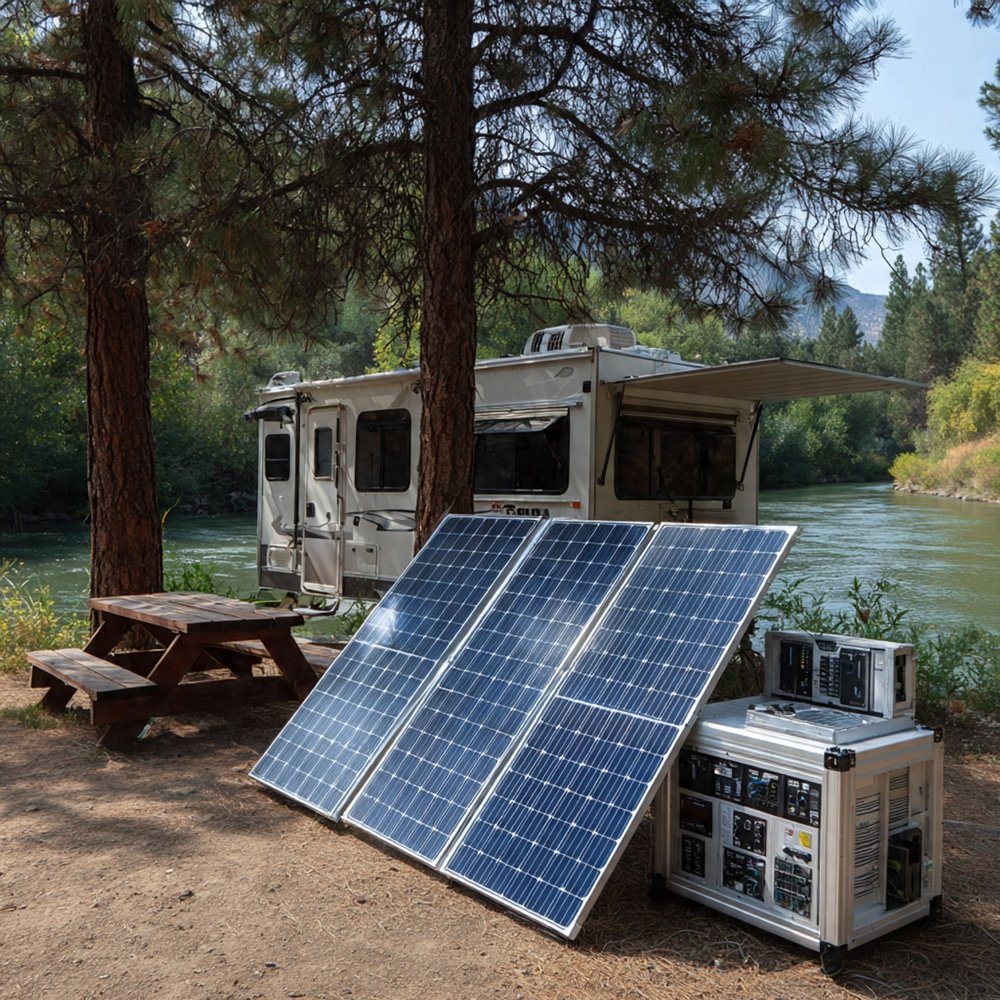You’ve probably heard of Mr. Play It Safe, the man who was afraid to fly. When he finally took his first-ever flight, his plane crashed. While you can argue all day whether this is ironic or not, it’s better to think about what you can do to survive a plane crash.
As horrific as it may seem, the odds are actually in your favor if you’re on a plane that’s about to crash. In fact, you are more likely to die from a crashing meteorite or a flying champagne cork than a plane crash. First of all, plane crashes remain pretty rare despite the tragic incidents in recent years. While it is true that 2018 saw a huge spike in plane crash casualties with over 500 deaths, this disaster is still regarded as a rare occurrence. In fact, only 44 people died in 10 separate accidents the year prior. According to The Guardian, the number of plane crash deaths around the world has been steadily declining in the last couple of decades.
In the United States, the first aviation death since 2009 was caused by a fan blade breaking apart during a flight. The debris destroyed a window causing a female passenger to be partially sucked out of the plane and die from blunt impact trauma. No amount of preparation on the part of the passenger could have prevented such a horrific event. Still, the need to be prepared is still vital in order to survive a plane crash or other aviation accidents.
Before Boarding A Plane
Check the Weather
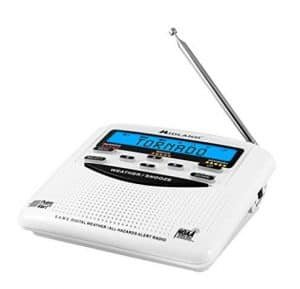
There are ways you can lessen the chances that you’ll be in a plane crash. One is to check the weather first. If possible, know what the weather would be like before you book a flight. On the day of your flight, check the weather forecast, as well. If things are not looking too great, delay your flight. You’d rather be late to your vacation or business meeting than be caught in a plane during a thunderstorm.
Book Non-Stop Flights
According to statistics, the most dangerous moments of a flight are during take-off and while landing. If your flight involves one or more stopovers, then the chances of getting in an accident increase. As much as possible, book non-stop flights only.
Select the Right Seat
When you book a ticket, you may get the option to select your seat. The best seat in the house is the window seat right next to the emergency exit. If that is no longer available, you should choose one on the aisle and within five rows of the exit. In case of an emergency, it will be easier for you to leave your seat and head for the exit if you’re along the aisle. You should also select one that is in the rear half of the cabin. Experts believe that those seating in the middle-to-front section of the plane is more likely to perish in a plane crash. According to Time Magazine, you have a 32% chance to perish in a plane crash if you are seated in the rear third of the aircraft. Those in the middle and front third have a fatality rate of 39% and 38%, respectively.
Take Swimming Lessons
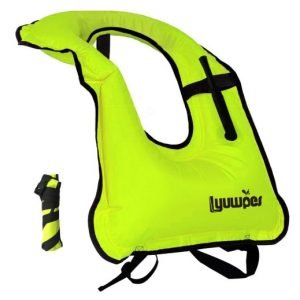
A flight usually takes you over an ocean or two. That means there’s the possibility of crashing into the water. Knowing how to swim is a life skill that every human should learn. In the event of a plane crash over water, this skill will increase your chances of survival even more.
Wear the Right Attire
Avoid wearing clothes that restrict movement. Loose and light clothing will let you move freely in the event of an accident. USA Today also advises passengers to wear loose clothes to avoid blood constriction in case they suffer from deep vein thrombosis, which can happen during a flight. If you have a history of blood clots, wear compression stockings or socks under your clothes.

In case you are stranded after a plane crash, the clothes on your back will automatically become vital survival gear. Avoid wearing skimpy outfits. Instead, wear layers of clothes so you can adjust to the plane’s extreme changes in temperature and have protection from the cold in case you crash land in the mountains.

Wear cotton, wool, linen, or other clothes made of natural fibers that won’t melt in the heat. They are safer to have on than synthetic fibers in the event of a fire on board or at the crash site.
Don’t wear high heels, open-toed footwear, flip-flops, or anything too loose. Wear sneakers or anything that are comfortable, well-fitting, and offers protection to your feet.
During A Flight
Pay Attention to the Safety Instructions
If a plane crash is inevitable, you should follow all the safety precautions as explained by the flight attendants at the beginning of the flight. You should be extra attentive if you are seated next to the emergency exit. Perhaps the most important of the safety instructions is locating the nearest exit, wearing your seat belt, and bracing for impact. Another important tip: count how many seats there are between you and the exit. This vital piece of information will help guide you to safety in case the plane is dark or engulfed by smoke.
Pick the Right Time to Sleep
The best time to get some shuteye is when you are in mid-flight. Avoid dozing off during take-off or when the pane is about to land. It’s best that you are awake during these moments when accidents are more likely to happen.
When A Plane Crash is Imminent
Protect Yourself from Smoke
The most common cause of plane crashes is fire. When something explodes, fire and smoke will be your main problem aside from the fact that the plane is likely going down. Avoid inhaling smoke by covering your mouth and nose with a piece of cloth. Douse the cloth in water for extra protection. Stay as low as possible. Smoke rises upwards so the level below it is the safest to be in.
After Surviving A Plane Crash
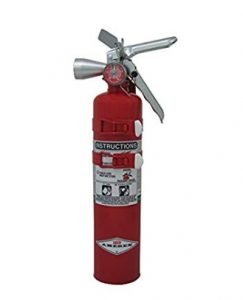
If you survived a plane crash thanks to the safety measures above and maybe a bit of luck thrown in, the next thing you should worry about is if you’re in a survivable situation. A plane crash will likely involve an explosion. That means there is a danger of dying from fire and smoke inhalation. If the explosion occurred in mid-air, the cabin crew should act fast and extinguish the fire. Fire extinguishers are located in the lavatory, in case the crew is unable to reach them. But once you hit land and the plane explodes, you’re better off getting away from the fire as far as possible. Remember, 68% of deaths from plane crashes perished because of fire.

Once you’re in the clear, check yourself for injuries. If possible, attend to your wounds. If you have your phone with you, call for help. The news of your plane crash may not have reached authorities yet so calling and informing them of your situation and location will be vital not only for you but the rest of the survivors.
Survival Gear

Ideally, you should always have everyday carry items in your possession even when boarding a plane. These simple pieces of survival gear will help you in any emergency situation. In case of a plane crash, some of your EDC items would be of valuable help. Just make sure that your gear is TSA-compliant to avoid any complications.
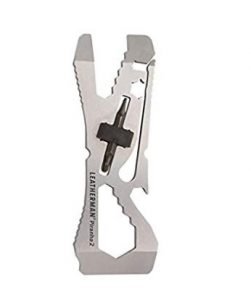
Some of these items are allowed in your carry-on baggage others should be checked in. However, if you are being evacuated during an emergency, you shouldn’t waste time getting your bag from the overhead bin. You must leave as soon as you can, especially if there is fire involved.
Commercial airlines do not allow certain items on board their planes due to safety precautions. On a charter flight, you can bring firearms as long as they’re unloaded and locked in a hard case. Check The Art of Manliness for more details on how to fly with a firearm.

Even if there is a one in 5 million chance of you dying from a plane crash, you still have to do the necessary preparations in case something goes wrong. If you wish to know more about some survival stuff that may help you survive a plane crash, please go to The Gentleman Pirate.
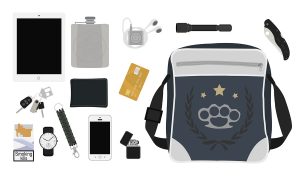
Just a disclaimer – We have partnered with these companies because we use their products and/or proudly trust and endorse them – so we do receive a commission if you make a purchase or sign up for services. Often, we are able to negotiate special discounts and/or bonuses, which we will pass on to you via our links. We often get short notice on sale items available for 24-48 hours as we will pass these savings on to you.

